Forcing teachers to teach through centers may make it easier to control this activity, but it raises a host of other problems.
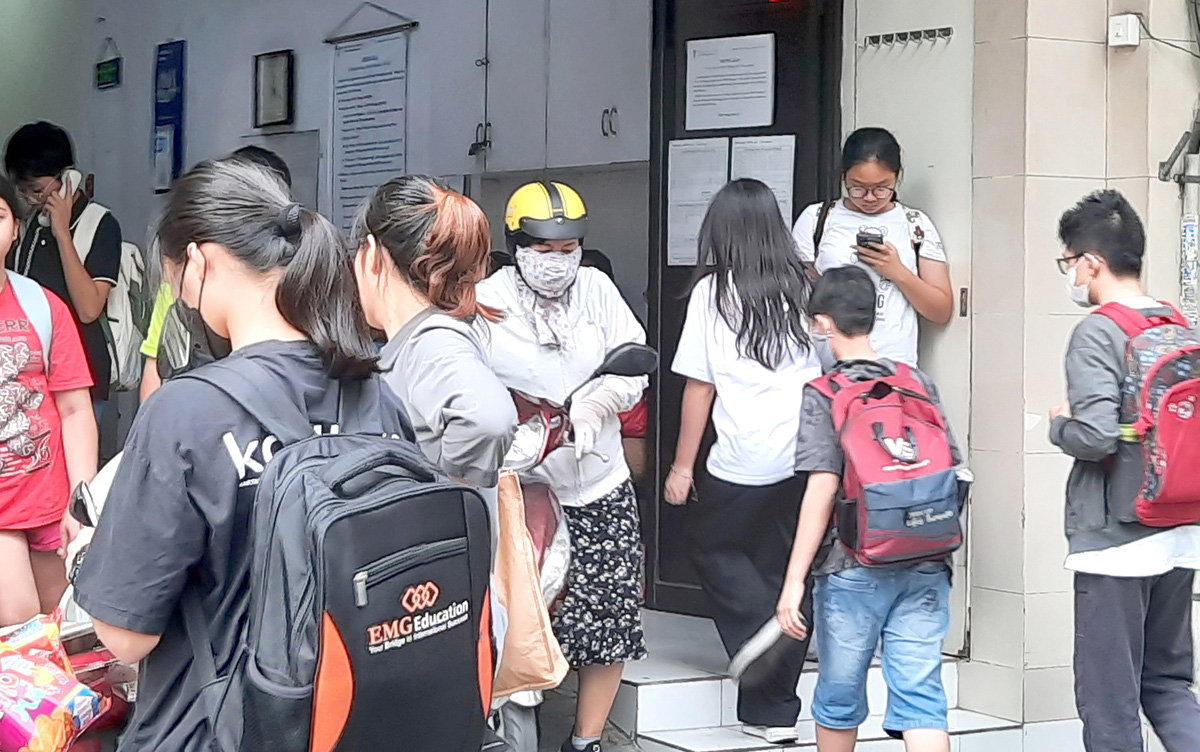
Students take extra classes at a tutoring center in Ho Chi Minh City - Photo: NHU HUNG
The new circular on extra teaching of the Ministry of Education and Training is attracting public attention.
Have to study more because the program is heavy?
In fact, for many parents and students, the need for extra classes is not only to enhance knowledge provision, but also to choose a teacher they like in terms of teaching methods.
If viewed from this perspective, it can be seen that the new regulation seems to be somewhat limiting that choice, or perhaps complicating educational management.
In fact, extra teaching and learning have long become an "indispensable" part of the Vietnamese education system. Whether we like it or not, the need for extra learning among students and parents is huge, especially in the context of an increasingly heavy education program, along with the constant pressure of exams.
The Ministry issued a new circular to tighten tutoring activities with the aim of bringing tutoring into a framework, ensuring transparency, fairness and avoiding negativity, which is necessary.
The regulation that teachers do not teach extra classes outside of school for regular students comes from a long-standing situation.
Many teachers force regular students to take extra classes in their subjects to get better grades or access expanded content. This practice not only puts pressure on students but also distorts the purpose of education.
Therefore, strict management to avoid abuse and oppression of students is appropriate.
However, tutoring is not entirely negative. If tutoring is voluntary and properly organized, it is a legitimate need for students and an important source of income for teachers.
Forcing teachers to teach extra classes through centers may make it easier for the State to control this activity, but it gives rise to a host of other problems.
Not all localities have a sufficient system of standard tutoring centers, especially in areas far from the city center. This leads to students and parents being limited in choosing suitable teachers, reducing flexibility in education.
Furthermore, tuition fees at centers are often higher than those for direct tutoring with teachers, causing financial difficulties for many families.
One of the most worrying aspects of the new regulation is that it significantly restricts teachers’ freedom to teach. Tutoring is not just a way to earn extra income, but also an opportunity for teachers to improve their expertise and support students who need additional knowledge.
When teachers are forced to work in centers, they lose their initiative in teaching. In addition, many capable teachers who do not want to work in a center environment will lose the opportunity to teach, while parents cannot choose the most suitable teacher for their children.
Private tutoring is not only about acquiring knowledge, but also about teaching methods and interactions between teachers and students. When tied to a single center system, students may not be able to find teachers who are suitable for their learning methods. This is a major shortcoming that the new regulation needs to consider and adjust.
How to transparently register for tutoring?
Instead of completely banning extracurricular tutoring, a more feasible solution might be to establish a transparent management system that allows teachers to register to teach outside but must comply with certain conditions.
For example, teachers can be required to report student lists, ensuring that they do not overlap with regular classes to avoid negativity.
At the same time, it is possible to apply a licensing form for teachers to teach extra classes outside of school, ensuring that those with capacity and professional ethics can continue teaching.
In addition, the quality of formal teaching also needs to be improved to reduce the need for unnecessary extra classes.
If the curriculum is well designed, the study time is appropriate and teachers have enough time to instruct in class, students will not need to study too much extra.
At the same time, schools can organize free tutoring classes or charge reasonable fees, giving students more opportunities to consolidate their knowledge without having to seek extra classes outside.
If it is mandatory to go through tutoring centers, there needs to be a reasonable policy to ensure that fees are not too high and teachers have a commensurate income. Expanding the network of tutoring centers to areas far from the center is also necessary to avoid the situation where students do not have suitable places to study.
Private tutoring is a real need and cannot be completely eliminated. While strict management to prevent negativity is necessary, reasonable adjustments are also needed to ensure the rights of students, parents and teachers.
A rigid policy can lead to undesirable consequences. Instead of absolute prohibition, building a flexible management system, combining control and creating conditions for teachers and students is a more reasonable direction.
Source: https://tuoitre.vn/lam-sao-de-hai-hoa-giua-quan-ly-va-thuc-te-day-them-hoc-them-20250209165923401.htm































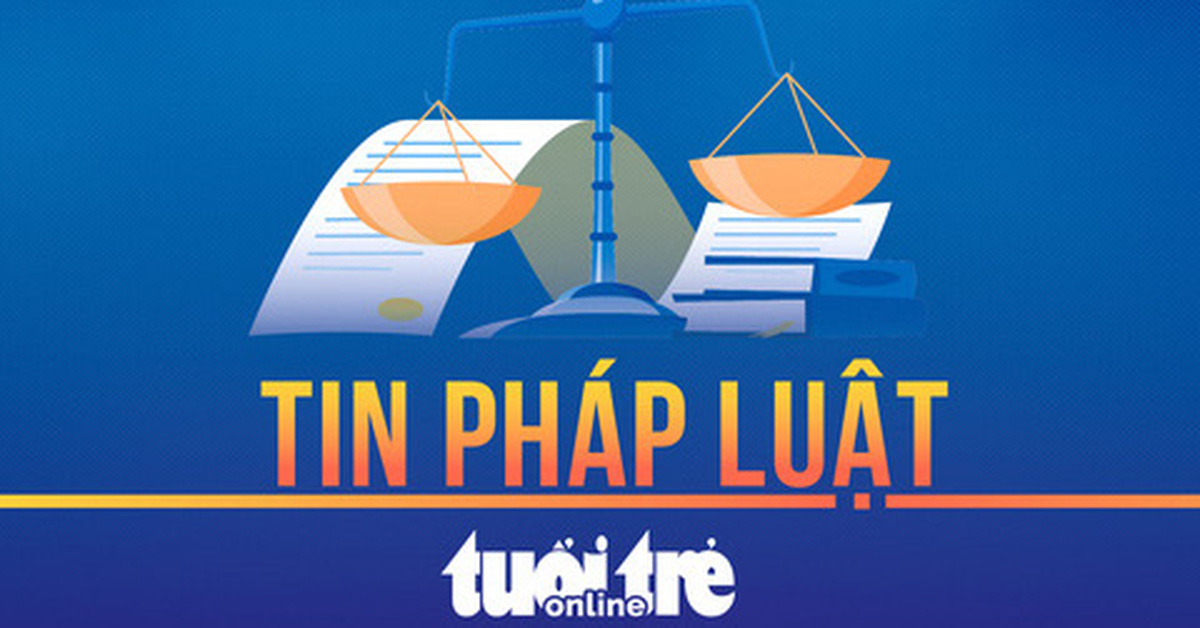
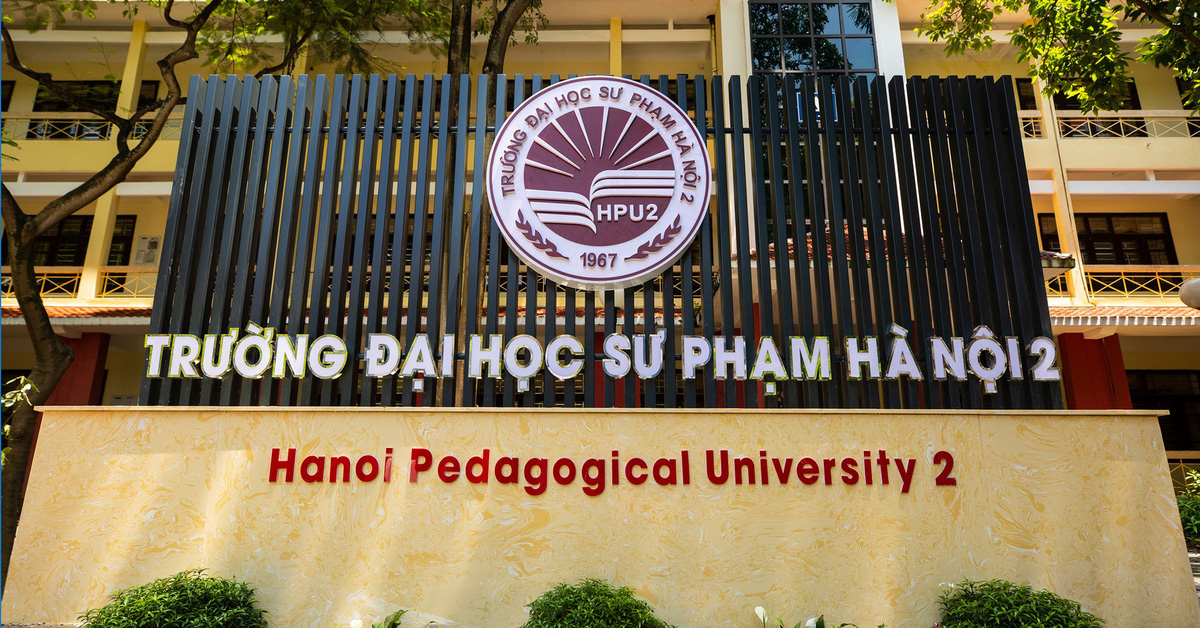
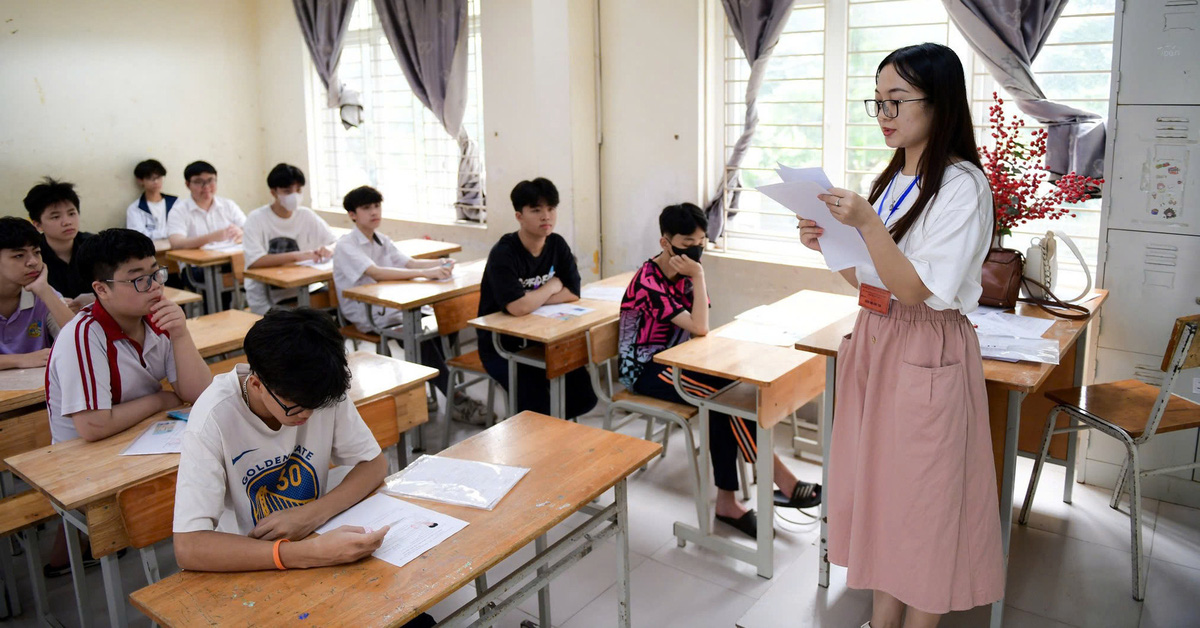
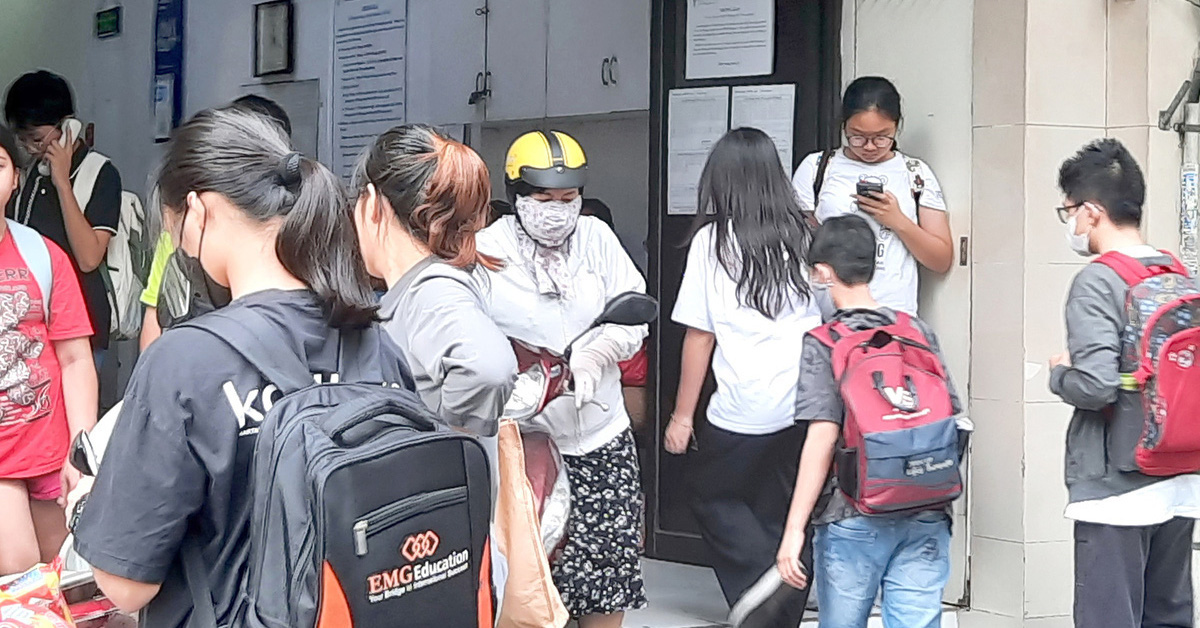
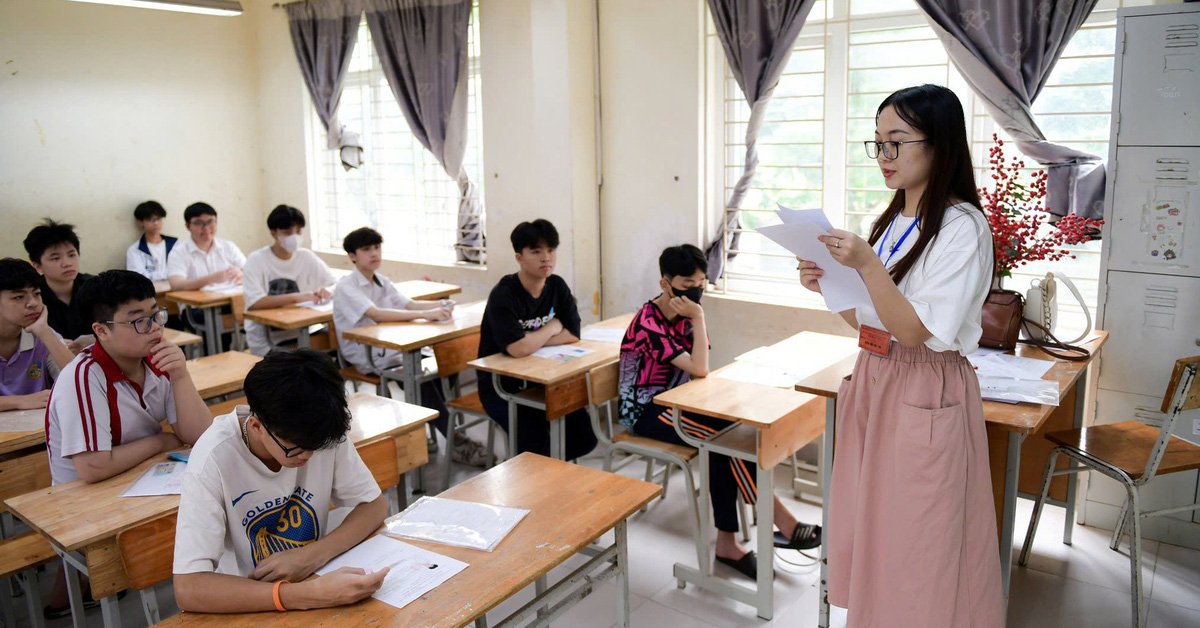


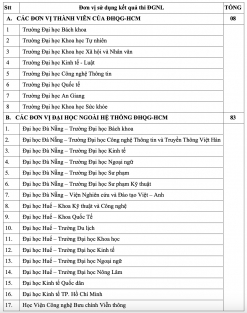

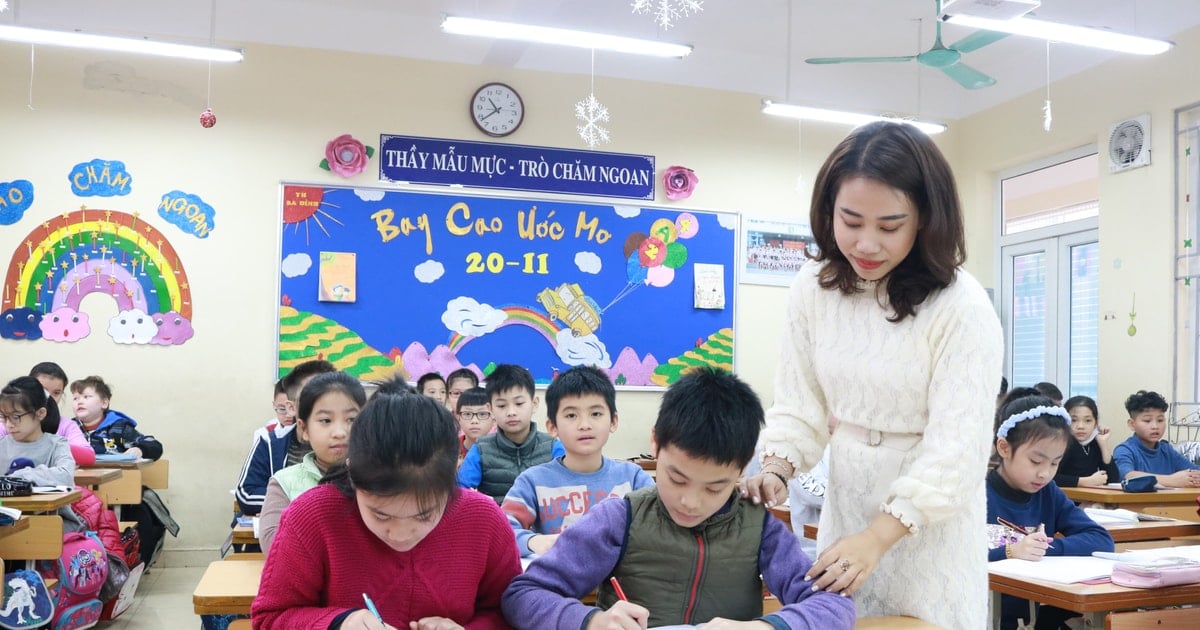


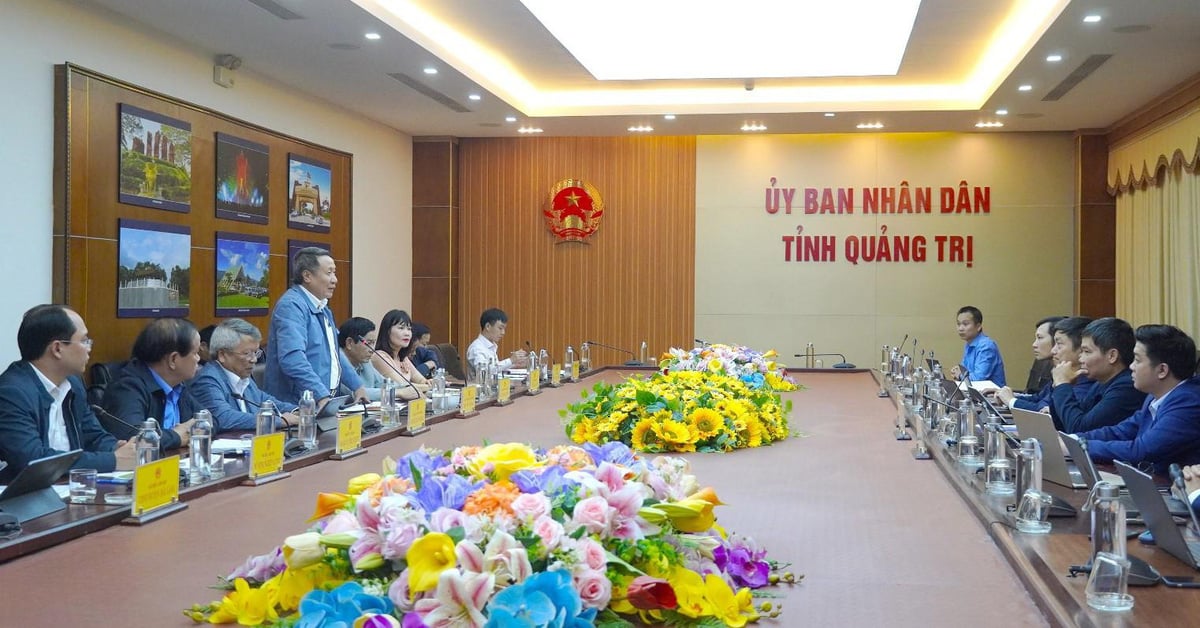


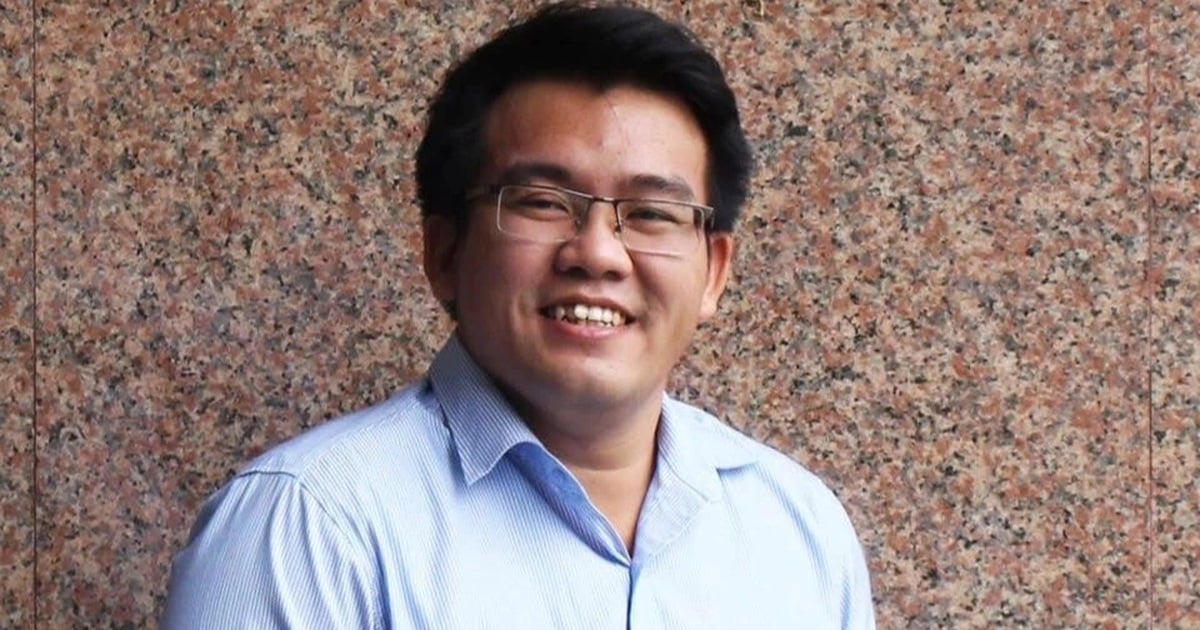












Comment (0)